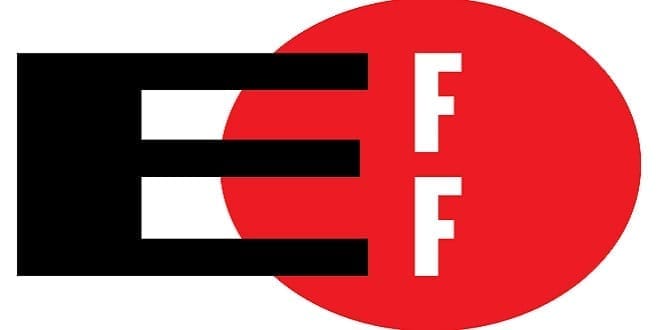The Electronic Frontier Foundation(EFF) has petitioned the FTC to introduce labeling rules which would require retailers to warn consumers if products sold on their platforms contain DRM. DRM can be used to limit the operation of hardware or software in ways that a consumer might not realize before they make their purchase, and in some cases it can even cause people to lose access to their digital goods without warning. The EFF believes its only fair to inform consumers ahead of time if the product they want to purchase contains DRM.
In a letter to the FTC, the EFF lays out the problem DRM poses for consumers. It notes that the DMCA bans the circumvention of measures which protect a copyrighted work. Although there are exemptions to the rule, the EFF believes they are too narrow, and whatever exceptions do exist are poorly defined and even more poorly understood by the general public. The letter argues that the legal issues related to DRM circumvention make it even more important to warn consumers ahead of time if a product contains DRM.
The letter concluded with numerous examples from EFF members who have had bad experiences with DRM contained in video games, movies, e-books and other products they have purchased. In all the cases, it is claimed that there is no warning about the effects the DRM will have.
The letter mentions one case of a person losing access to both singleplayer and multiplayer modes in the game Need for Speed because EA shut down the servers. Another example mentions that the game Sniper Elite came with a DRM called Starforce, which altered the functionality of one person's DVD-RW drive so that it could no longer burn DVDs. It also gives the example of a person who lost $200 dollars worth of ebooks purchased from Barnes and Noble's Fictionwise store. When Barnes and Noble folded Fictionwise into Nook, the books could not be migrated to the new platform because Barnes and Noble's deals with the publishers had expired.
In a separate letter, the EFF explains what the proposed DRM labeling would look like. It shows an example of Amazon product details for an ebook, which contains information like file size, number of pages, and publisher. The proposal would add in one more line into the product details labeling the product as DRM free or DRM restricted. In the case of DRM restricted products, it should contain a link to a page which lists all activities restricted by the DRM.
The letter also argues that DRM labeling is within international norms, citing OECD guidelines as well as EU directives which call for the clear labeling of any technical measures that restrict the operation of digital goods. The letter has the support and signature of multiple individuals and organizations including the Free Software Foundation, Consumer Federation of America, Humble Bundle, and Baen Books.







